Vitamin B2 is a water-soluble nutrient. It is a chemical compound that has a significant impact on the proper functioning of the human body. It is part of coenzymes that oxidize cells and participate in the metabolism of carbohydrates, fat, and protein. Furthermore, riboflavin provides energy in the process of respiration. It also takes part in the production of cortisol, the stress hormone.
Riboflavin![]() is essential for proper vision and supports the work of mucous membranes, the respiratory tract, gastrointestinal mucosa, and the epithelium of blood vessels and skin. It is irreplaceable, so you should regularly check its level.
is essential for proper vision and supports the work of mucous membranes, the respiratory tract, gastrointestinal mucosa, and the epithelium of blood vessels and skin. It is irreplaceable, so you should regularly check its level.
Riboflavin supports the work of the nervous and immune systems. It has an impact on the eyes functioning. It enables the transport of oxygen in the lens and reduces the risk of cataracts. That is helpful to maintain correct vision. Other functions![]() of riboflavin include:
of riboflavin include:
Deficiency of vitamin B2![]() in the body can be manifested by several diseases and ailments that significantly affect the quality of life:
in the body can be manifested by several diseases and ailments that significantly affect the quality of life:
If you suspect that you have a riboflavin deficiency, it's best to consult with a doctor. The specialist will recommend the appropriate procedures. It's advisable to begin with tests, which will help determine the later steps to take based on the results. Usually, it is enough to make a few changes in your lifestyle, including giving up stimulants or making your diet is correctly balanced. Sometimes supplementation is recommended, which you can read about below.
Groups of people at higher risk of low intake/riboflavin deficiency include:
Some medications can make riboflavin less effective. These include antidiabetic, antipsychotic, antimalarial, and chemotherapeutic drugs.
The body absorbs vitamin B2 only to a small extent, so obtaining an excess of this substance is rare. Nevertheless, it can happen when taking large doses of riboflavin supplements.
Symptoms of excess vitamin B2![]() include changing the color of urine from straw to dark yellow, vomiting, and nausea. Then you should stop taking all vitamins and limit eating foods rich in riboflavin.
include changing the color of urine from straw to dark yellow, vomiting, and nausea. Then you should stop taking all vitamins and limit eating foods rich in riboflavin.
To test for vitamin B2 levels, a venous blood sample![]() is needed. No special preparation is necessary, and there is no specific time of day or requirement to fast beforehand. However, it is recommended to drink plenty of fluids prior to the blood draw. It will help with the collection process.
is needed. No special preparation is necessary, and there is no specific time of day or requirement to fast beforehand. However, it is recommended to drink plenty of fluids prior to the blood draw. It will help with the collection process.
The exact range of values defining the norms of vitamin B2 in the blood may slightly differ between individual diagnostic laboratories – this is due to, among others, the different analytical methods used in a particular facility. To ensure accurate results, it's significant to compare the vitamin B2 levels obtained with the reference values provided in the patient's documentation. If the results are outside the normal range, it is advised to consult with a doctor. The specialist will help to determine the cause and receive appropriate treatment.
Recommended Dietary Allowances (RDAs) for riboflavin are:
The human body absorbs vitamin B2 together with food. Maintaining a proper level of riboflavin requires following a healthy and well-balanced diet. Vitamin B2 is in aged food products, but those who eat healthy meals should have no trouble meeting their daily requirements. Good sources of riboflavin include poultry, pork meat, and liver. A liver-based diet can help supplement any deficiencies in significant nutrients, while supporting liver health. Other sources of vitamin B2 include:
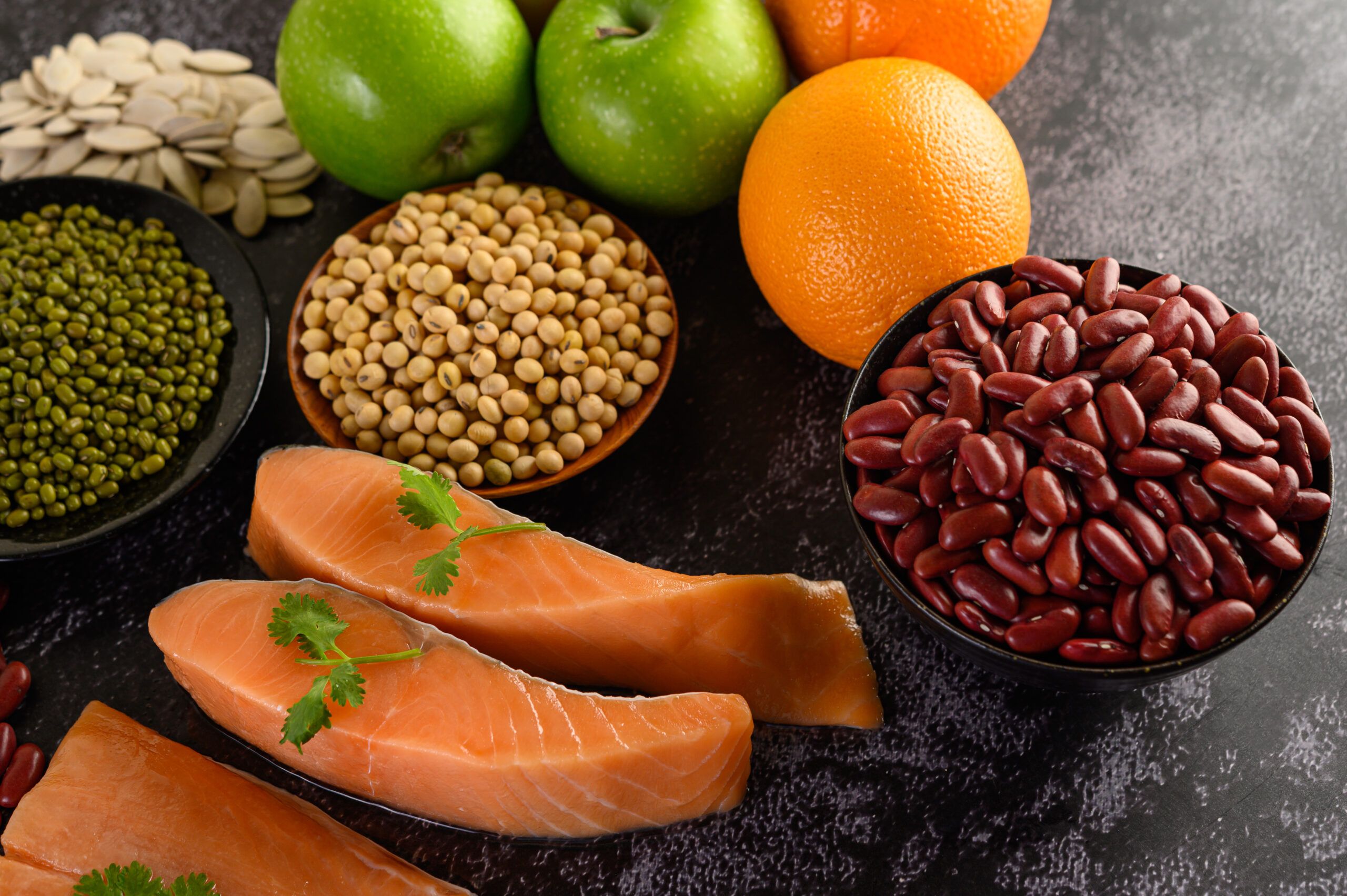
Riboflavin is a vitamin sensitive to UV light![]() and can be destroyed under its influence. Therefore, using UV light therapy to treat jaundice in newborns can result in a deficiency of vitamin B2.
and can be destroyed under its influence. Therefore, using UV light therapy to treat jaundice in newborns can result in a deficiency of vitamin B2.
The fact that vitamin B2 ceases to perform its functions under the influence of UV radiation (sunlight) means that food products naturally rich in riboflavin and exposed to UV light, become poorer in this component.
It is worth remembering that vitamin B2 is soluble in water and therefore traditional cooking![]() can cause a partial loss of riboflavin. The vitamin just gets washed away. Therefore, if we suffer from riboflavin deficiency, it is worth changing the way of preparing some dishes and steaming can be used instead of ordinary cooking. When cooking traditionally, use a small amount of water.
can cause a partial loss of riboflavin. The vitamin just gets washed away. Therefore, if we suffer from riboflavin deficiency, it is worth changing the way of preparing some dishes and steaming can be used instead of ordinary cooking. When cooking traditionally, use a small amount of water.
Some people practice adding baking soda (sodium carbonate) while cooking vegetables to emphasize the green color of vegetables. However, this treatment may cause accelerated photodegradation (destruction) of vitamin B2.
Riboflavin (E101![]() ) is known in the food industry as a crystalline yellow or yellow-orange powder. This chemical compound is involved in the processes like oxidation and reduction. It has a slightly perceptible, specific smell. The good news is that it does not change the taste of the dish. In addition to the fact that riboflavin is in the group of B vitamins, it is considered a natural dye. In the food industry, it belongs to the group of food additives, that are used for coloring food during production.
) is known in the food industry as a crystalline yellow or yellow-orange powder. This chemical compound is involved in the processes like oxidation and reduction. It has a slightly perceptible, specific smell. The good news is that it does not change the taste of the dish. In addition to the fact that riboflavin is in the group of B vitamins, it is considered a natural dye. In the food industry, it belongs to the group of food additives, that are used for coloring food during production.
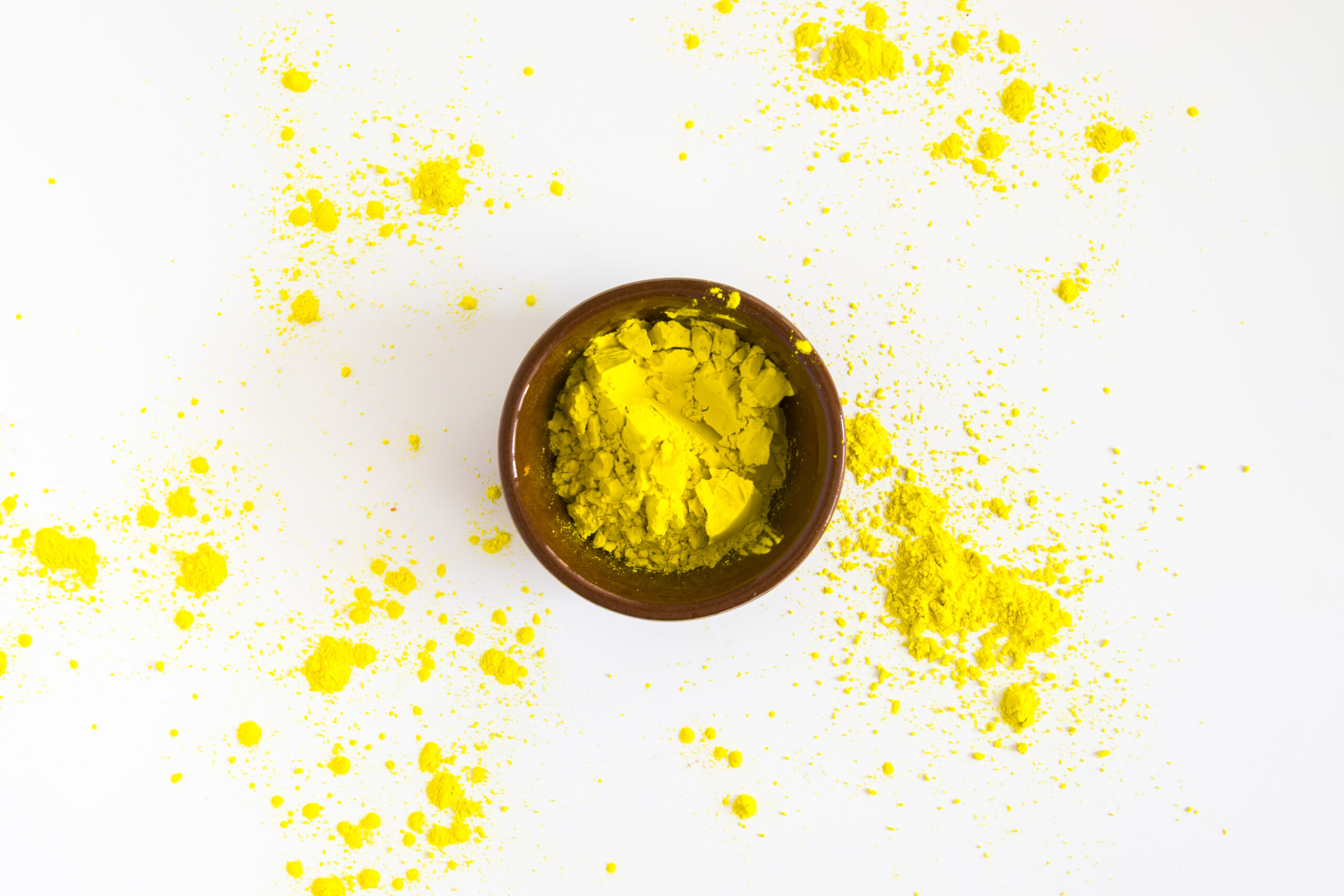
Colorants added to food, next to preservatives and sweeteners, arouse the most controversy. But taking into account the fact that many food products lose their color during thermal processing, it is justified to use this type of booster. Synthetic food dyes come in various types, with powder dyes being the most convenient and providing the highest color saturation. You can easily purchase them online or at your local grocery store.
The European Food Safety Authority (EFSA)![]() has decided that there is no need for a Safe Daily Intake (ADI) limit for riboflavin as a colorant. In turn, the Joint FAO/WHO Expert Committee on Food Additives set the ADI for riboflavin at 0.5 mg/kg of body weight.
has decided that there is no need for a Safe Daily Intake (ADI) limit for riboflavin as a colorant. In turn, the Joint FAO/WHO Expert Committee on Food Additives set the ADI for riboflavin at 0.5 mg/kg of body weight.
According to EU law, riboflavin can be added to many food products on a quantum satis basis. Producers can use it without specific quantitative restrictions, however, following good manufacturing practices, like in the amount necessary to achieve the intended effect. Riboflavin is used in products such as:
It is important to note that riboflavin (E101) is added to food products as a coloring substance in small quantities. Therefore, such products cannot be considered a source of vitamin B2 (unless the food label indicates the content of vitamin B2 in the nutrition table).
Riboflavin (E101) is not harmful to health![]() . Furthermore, there is no evidence to suggest that an overdose of vitamin B2 is possible as our body possesses a natural mechanism that eliminates any excess through urine.
. Furthermore, there is no evidence to suggest that an overdose of vitamin B2 is possible as our body possesses a natural mechanism that eliminates any excess through urine.
Keeping vitamins and elements at the correct level allows you to maintain well-being and physical health. It is significant to pay close attention to ensure that the diet is suitable for the body's needs and includes a variety of foods. You should eat every type of food in the correct proportions. People who use an elimination diet must control the level of riboflavin and other nutrients, and start appropriate supplementation if necessary. To improve your health take care of your medical conditions and use the proper medicaments. Remember that your physical and mental well-being depends only on you.
As previously stated, vitamin B2 can be obtained through a balanced diet![]() . However, sometimes you may need supplementation to achieve optimal levels. Pregnant and breastfeeding women, physically active individuals, those under long-term stress, children and adolescents experiencing intensive growth, people on a weight-loss diet, and seniors require a higher intake of riboflavin. Increased demand for vitamin B2 also appears in patients with cancer, hyperthyroidism, having problems with the intestines and liver.
. However, sometimes you may need supplementation to achieve optimal levels. Pregnant and breastfeeding women, physically active individuals, those under long-term stress, children and adolescents experiencing intensive growth, people on a weight-loss diet, and seniors require a higher intake of riboflavin. Increased demand for vitamin B2 also appears in patients with cancer, hyperthyroidism, having problems with the intestines and liver.
Indications for taking higher doses of riboflavin are prolonged diarrhea and fever, serious body injuries, and high bilirubin levels in newborns. Symptoms of deficiency also occur in alcoholics and extremely malnourished people.
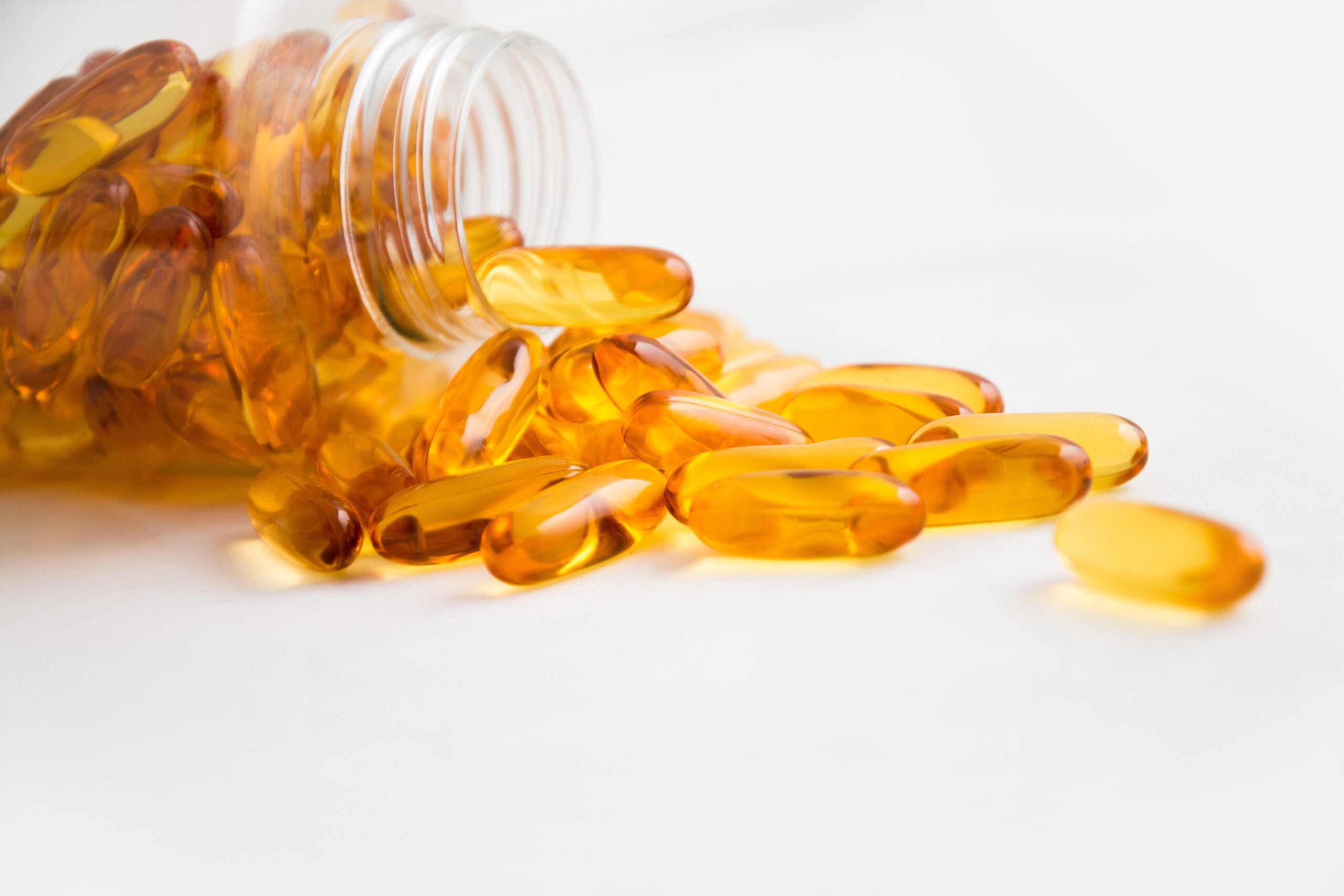
If your diet lacks riboflavin, you may consider taking supplements. Pharmacies offer a variety of forms such as capsules, tablets, powder, or liquid, allowing you to choose the most convenient option for you. It's advisable to search for products from reliable manufacturers that guarantee their supplements have undergone proper testing and are highly effective.
Vitamin B2 can be taken alone or in combined preparations containing other B vitamins or a complex of vitamins and minerals. They are a good solution in the spring when the body is weakened and the immune system does not work correctly. When choosing supplements, choose the natural ones. Also, carefully read the labels to make sure that they do not have unnecessary fillers, preservatives, and artificial additives.
In addition, it is also worth introducing other rules regarding a healthy lifestyle. For example, take care of the correct energy balance – eat as much as you need and try not to overeat. Choose natural and fresh products. Rember also to drink plenty of water. Eliminate highly processed foods from your diet (based on trans fats, sugar, and white flour), limit meat consumption, and increase the amount of vegetables and fruits.
Be beware of addictions – give up smoking, reduce or completely eliminate alcohol consumption.
Creating a regular physical activity plan with moderate effort improves the body's efficiency, oxygenates the brain and body cells, and reduces stress. While taking care of the body it is significant to have a good sleep quality. Adequate amount and quality of sleep is an essential element of a healthy lifestyle. A good night's sleep not only rests our muscles but also our brain, digestive system, and all organs in our body.
Maintain appropriate mental attitude – be kind to others, optimistic about life, and try to avoid stressful situations. Also, physical activity and relaxation exercises can help with mental health.
Table of Contents
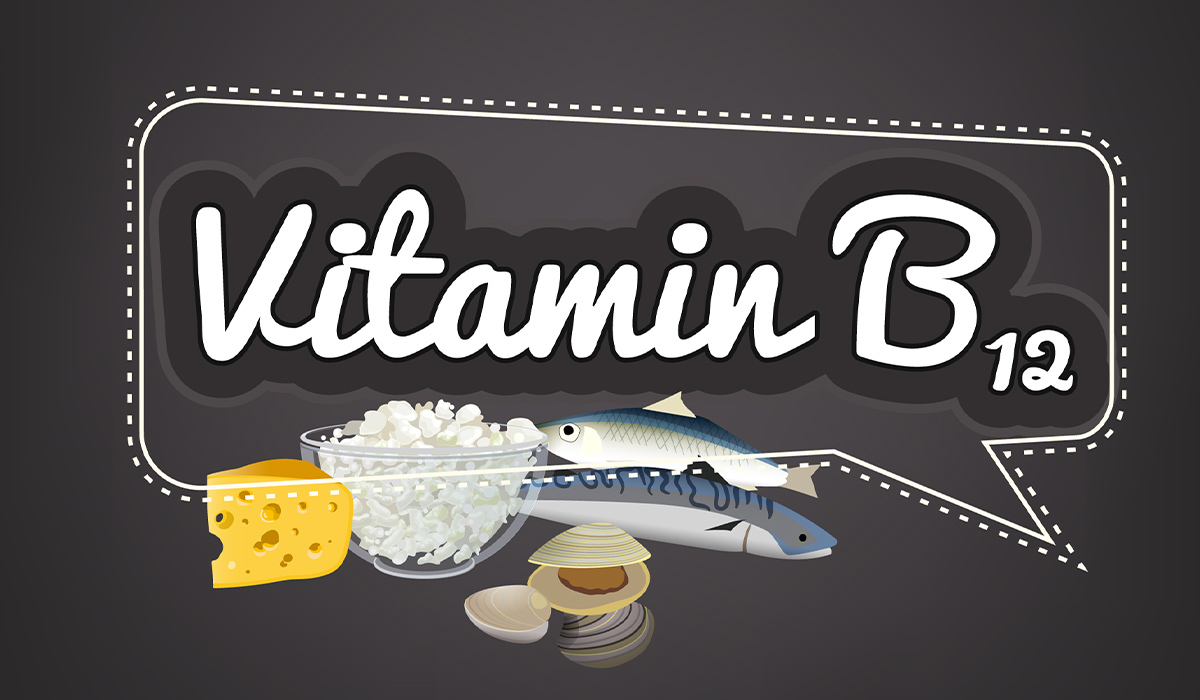
What should you eat to prevent vitamin B12 deficiency? What are the most common symptoms and who is particularly at… read more »
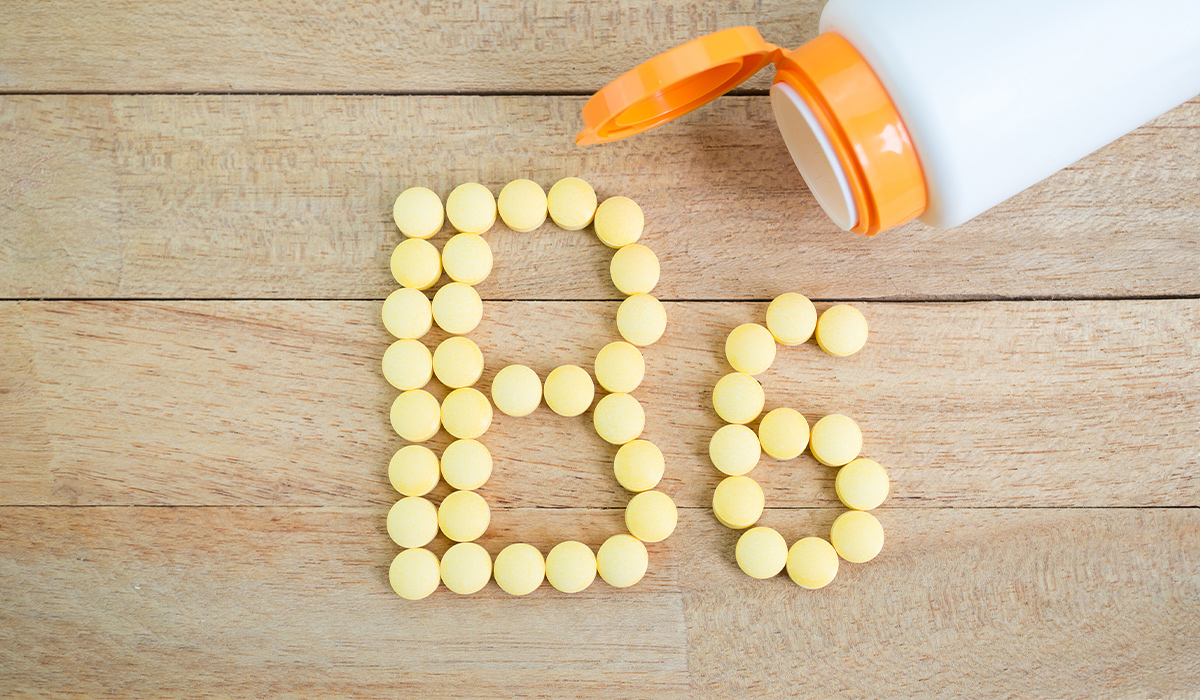
Body needs vitamin B6 for correct functioning. Check out, where you can find this vitamin. What are the signs of… read more »
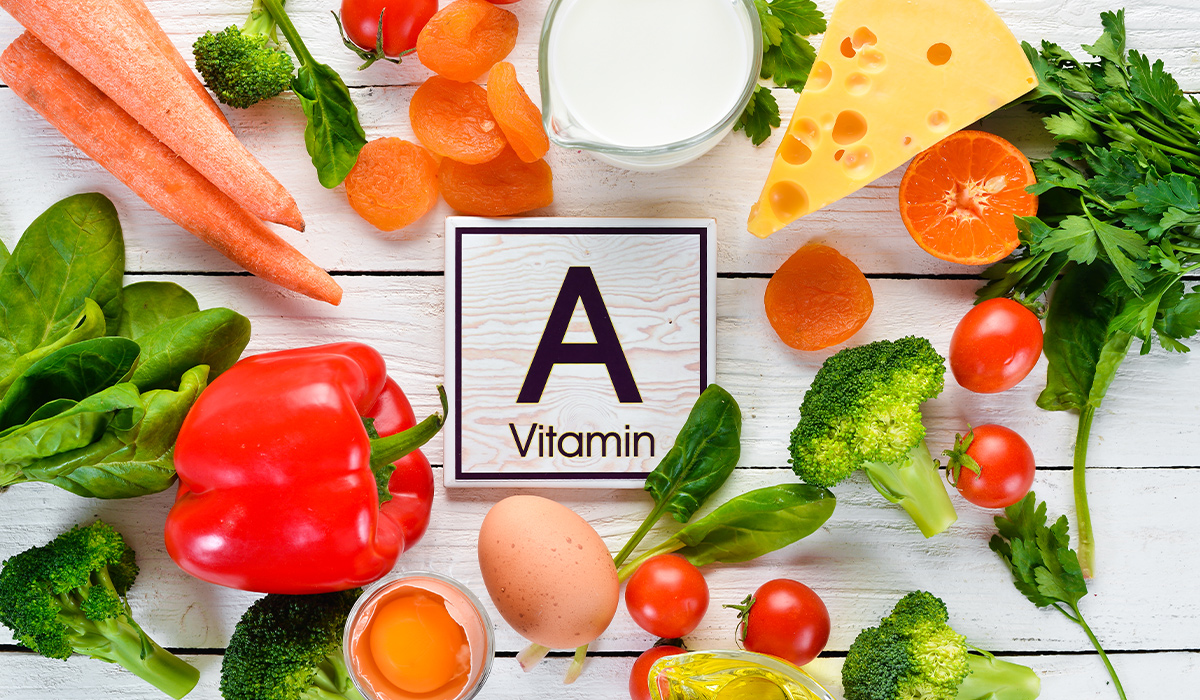
Vitamin A is one of the substances necessary for the proper functioning of the human body. Learn about its health… read more »
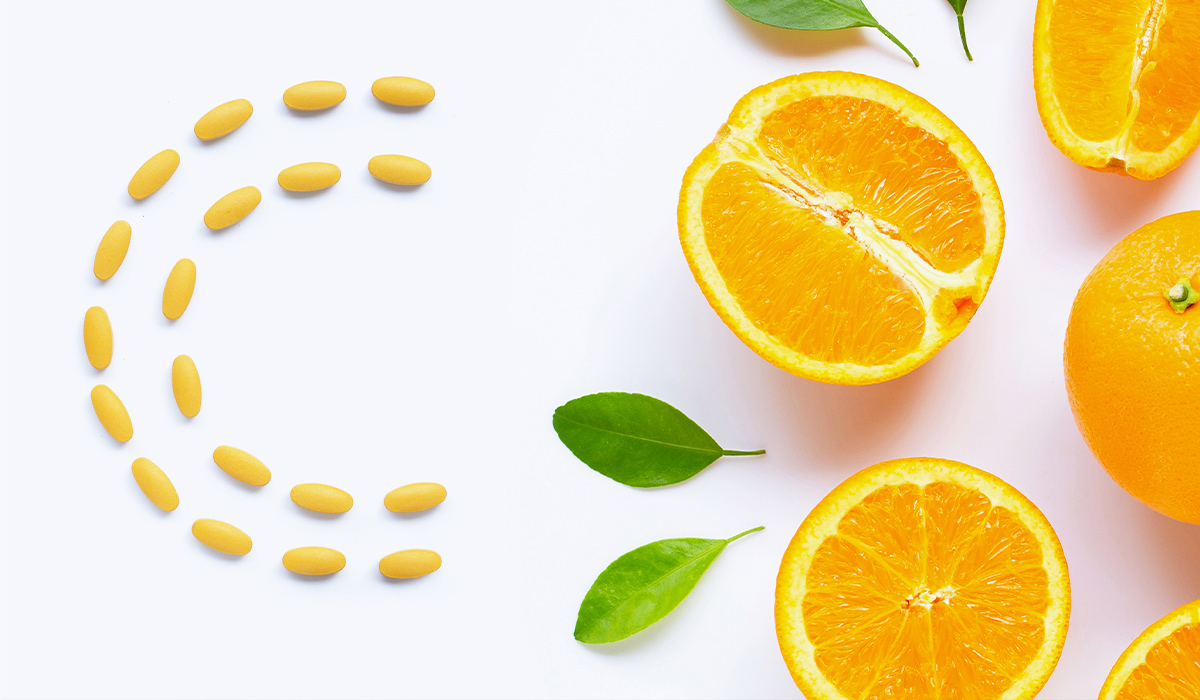
Vitamin C (ascorbic acid) is involved in processes in our bodies that provide correct functioning. Where you can find vitamin… read more »
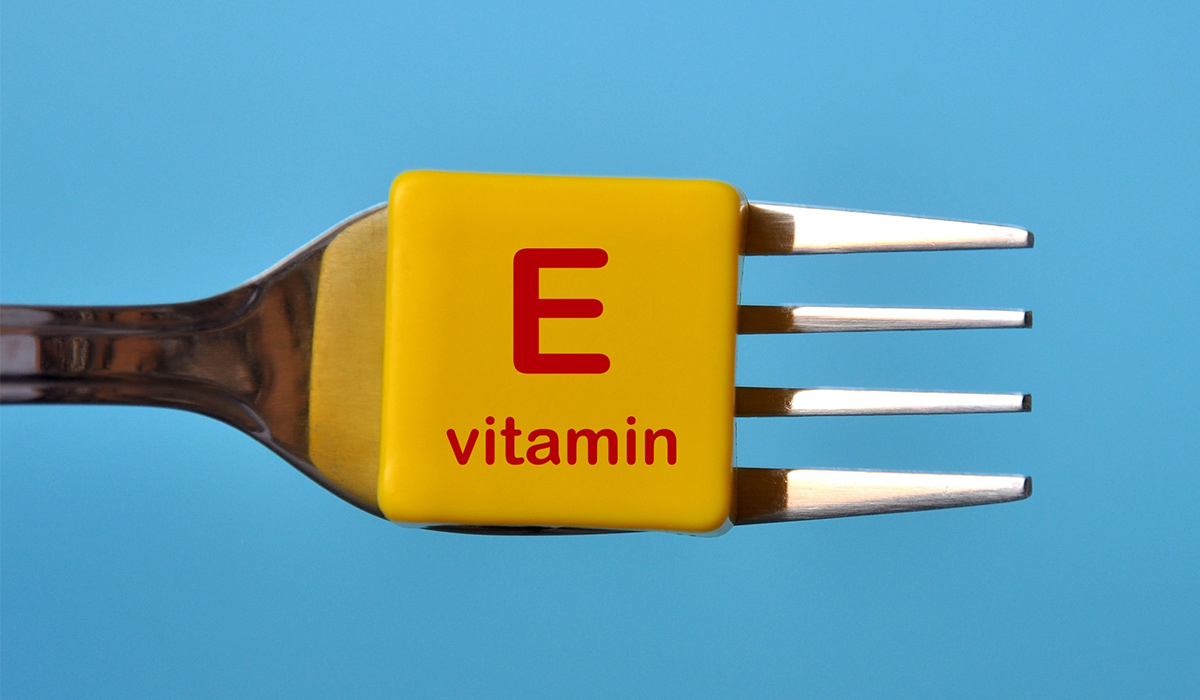
Vitamin E is a nutrient that supports the body's most basic functions. It's essential for the skin, reproduction, vision, and… read more »
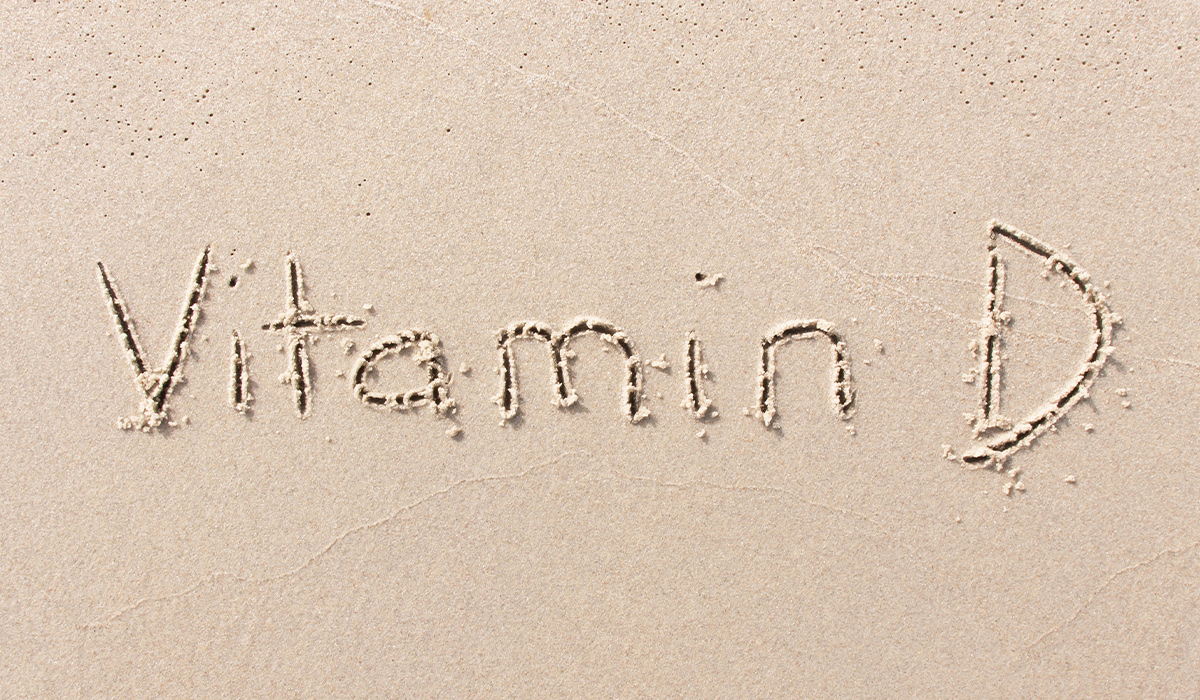
Vitamin D is a fat-soluble nutrient the human body needs to maintain health and functionality. It is both a vitamin… read more »
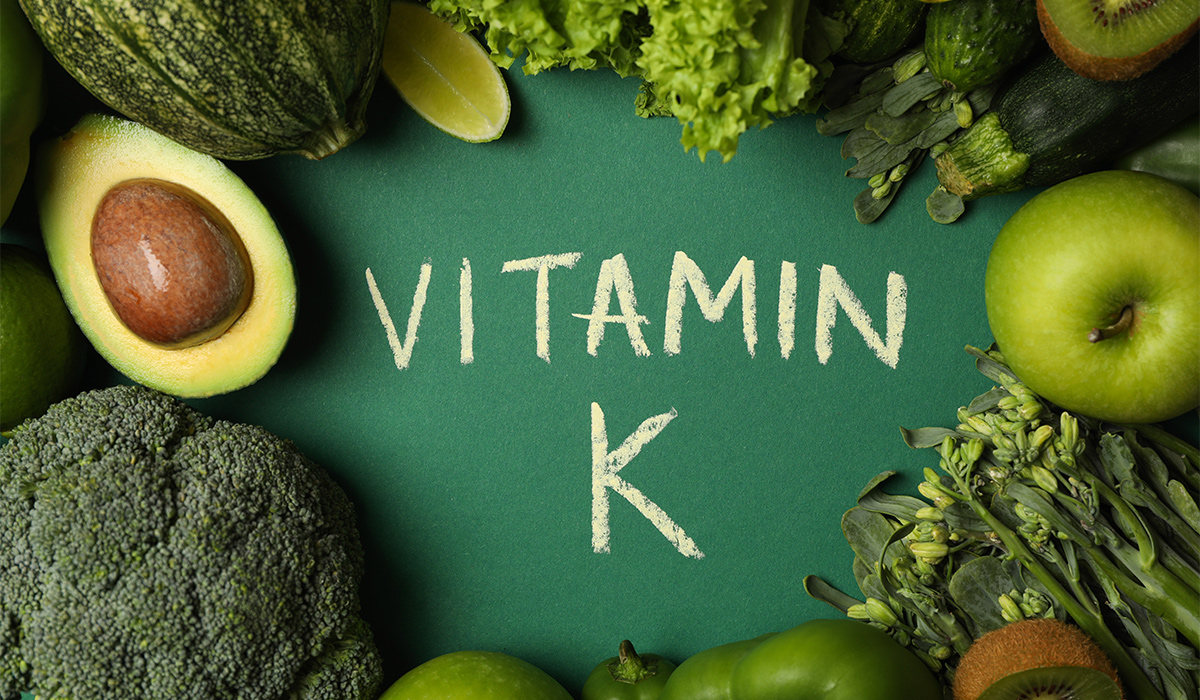
Vitamin K is a group of fat-soluble vitamins responsible for bone metabolism, blood clotting, and proper calcium levels. It is… read more »
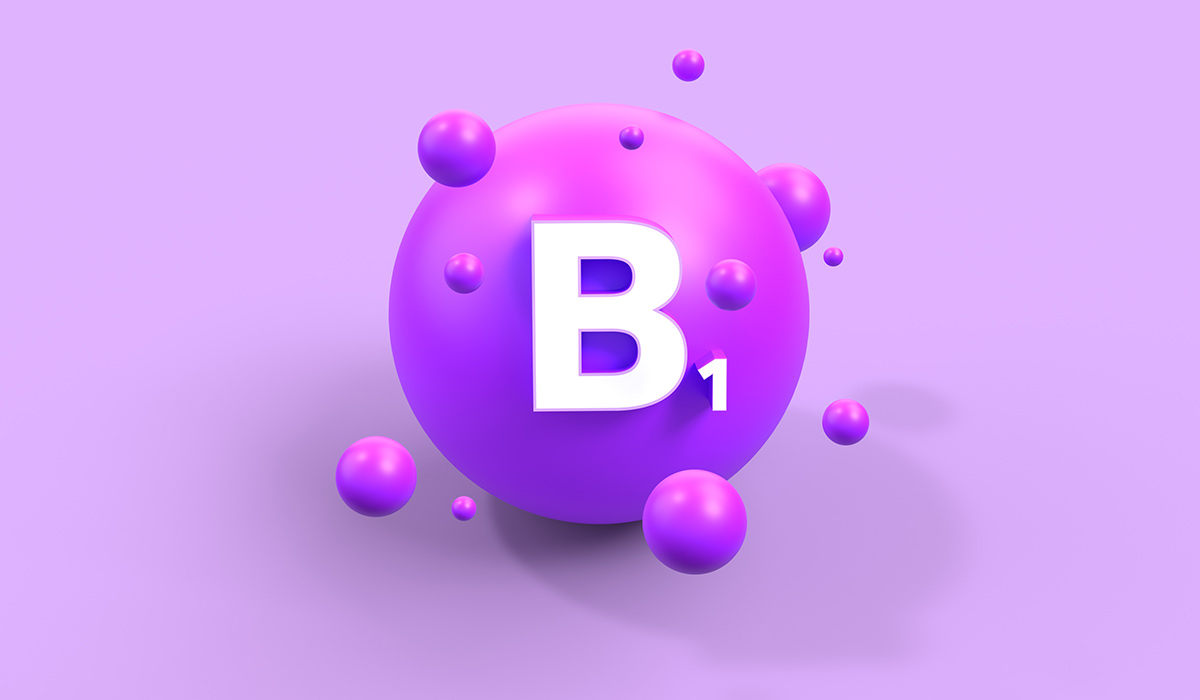
Vitamin B1 is a water-soluble nutrient the human body needs to meet various critical goals, including metabolism, cognitive functions, and… read more »
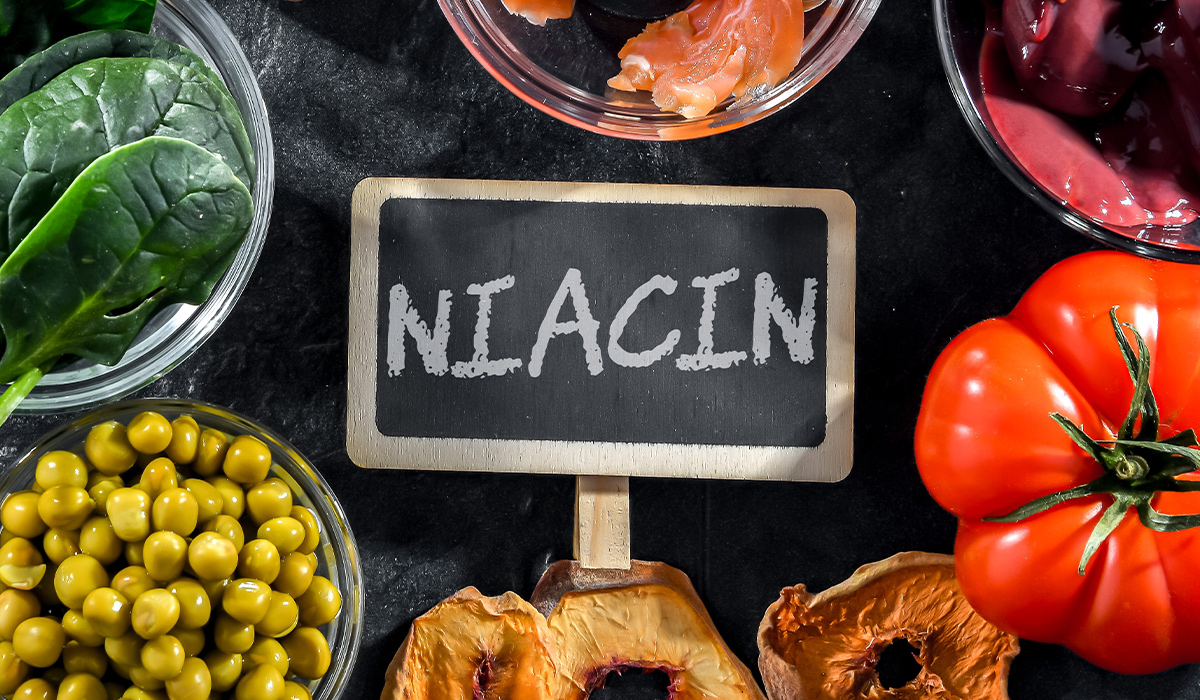
Niacin is needed for proper functioning. But niacin deficiency or overuse can have serious consequences. Learn all about vitamin B3… read more »